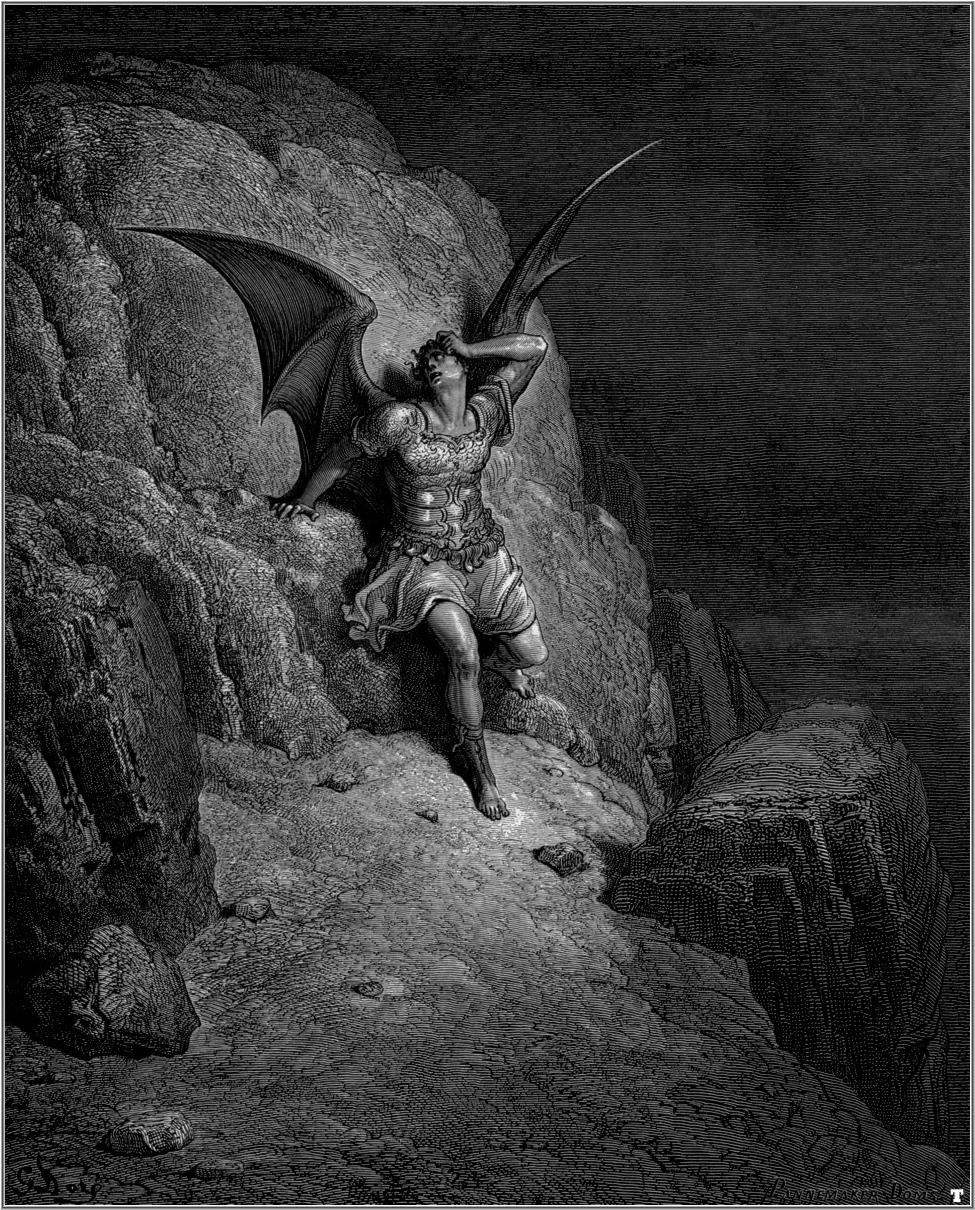The Villainous Speech
Every good space opera should have an archvillain, larger than life, who makes an high-flown speech praising himself, announcing his plans, justifying his crimes or relishing his impending victory.
Writers penning such speeches need only look into their own hearts for source material, as the writing profession attracts megalomaniacs — an unhealthy sense of self-worth is perhaps an aid to the many shocks of scorn and rejection the profession entails.
In a sober story, such a speech can be unexpectedly poignant, leading to sympathy for an unsympathetic character, or suddenly seeing the self-delusion needed for a villain to see himself as the hero in his own story.
In the stories I prefer, of course, bombast outweighs sobriety. I want to see villains chew the scenery.
Here are two favorites of mine:
A somewhat underweight but otherwise brilliant General Bison:
As one wag comments: “For you this was the greatest speech in cinematic history, but for Bison it was Tuesday.”
Next, the best portrayal of Skeletor to date.
This is a slightly faithless adaption of an elaborate toy commercial, but the casting was perfect, with Frank Langella in the lead role, Dolph Lundgren as his antagonist, and Billy Barty as Gwildor — the special effects budget would not allow Orko as a flying magician, so the character of Gwildor the magical locksmith was created instead. Casting Meg Foster as Evil Lyn was also genius.
Speaking of which, here is a speech by a villain with greater dignity, in words of dreadful sonorous weight and rhythm, bewails his damnation, but yet embraces it, preferring hate and pride.
It takes a particularly insightful writer — Milton is the examplar — for the archvillain to realize himself lost in the misery of evil, yet too proud to renounce himself, or retreat, despite his oncoming woe.
The wry idea of certain romantic poets that Milton penned an antihero in Satan is untenable, and has been put the rest by C.S. Lewis in his under-read A PREFACE TO PARADISE LOST.
Satan alights on Mount Niphates. Now in prospect of Eden, he falls into many doubts with himself, and many passions, fear, envy, and despair; but at length confirms himself in evil. Sometimes towards Eden, which now in his view lay pleasant, his grieved look he fixes sad; sometimes towards Heaven, and the full-blazing sun, which now sat high in his meridian tower. Then, much revolving, thus in sighs began:
O Sun! to tell thee how I hate thy beams,
That bring to my remembrance from what state
I fell, how glorious once above thy sphere;
Till pride and worse ambition threw me down
Warring in Heaven against Heaven’s matchless King:
Ah, wherefore! he deserved no such return
From me, whom he created what I was
In that bright eminence, and with his good
Upbraided none; nor was his service hard.
What could be less than to afford him praise,
The easiest recompense, and pay him thanks,
How due! yet all his good proved ill in me,
And wrought but malice; lifted up so high
I disdained subjection, and thought one step higher
Would set me highest, and in a moment quit
The debt immense of endless gratitude,
So burdensome still paying, still to owe,
Forgetful what from him I still received,
And understood not that a grateful mind
By owing owes not, but still pays, at once
Indebted and discharged; what burden then?
O, had his powerful destiny ordained
Me some inferior Angel, I had stood
Then happy; no unbounded hope had raised
Ambition! Yet why not some other Power
As great might have aspired, and me, though mean,
Drawn to his part; but other Powers as great
Fell not, but stand unshaken, from within
Or from without, to all temptations armed.
Hadst thou the same free will and power to stand?
Thou hadst: whom hast thou then or what to accuse,
But Heaven’s free love dealt equally to all?
Be then his love accursed, since love or hate,
To me alike, it deals eternal woe.
Nay, cursed be thou; since against his thy will
Chose freely what it now so justly rues.
Me miserable! which way shall I fly
Infinite wrath, and infinite despair?
Which way I fly is Hell; myself am Hell;
And, in the lowest deep, a lower deep
Still threatening to devour me opens wide,
To which the Hell I suffer seems a Heaven.
O, then, at last relent: Is there no place
Left for repentance, none for pardon left?
None left but by submission; and that word
Disdain forbids me, and my dread of shame
Among the Spirits beneath, whom I seduced
With other promises and other vaunts
Than to submit, boasting I could subdue
The Omnipotent. Ay me! they little know
How dearly I abide that boast so vain,
Under what torments inwardly I groan,
While they adore me on the throne of Hell.
With diadem and scepter high advanced,
The lower still I fall, only supreme
In misery: Such joy ambition finds.
But say I could repent, and could obtain,
By act of grace, my former state; how soon
Would highth recall high thoughts, how soon unsay
What feigned submission swore? Ease would recant
Vows made in pain, as violent and void.
For never can true reconcilement grow,
Where wounds of deadly hate have pierced so deep:
Which would but lead me to a worse relapse
And heavier fall: so should I purchase dear
Short intermission bought with double smart.
This knows my Punisher; therefore as far
From granting he, as I from begging, peace;
All hope excluded thus, behold, in stead
Of us out-cast, exil’d, his new delight,
Mankind created, and for him this world.
So farewell, hope; and with hope farewell, fear;
Farewell, remorse! all good to me is lost;
Evil, be thou my good…

